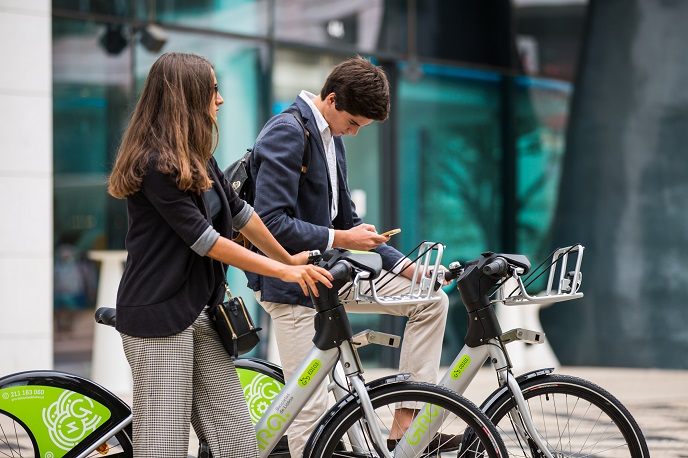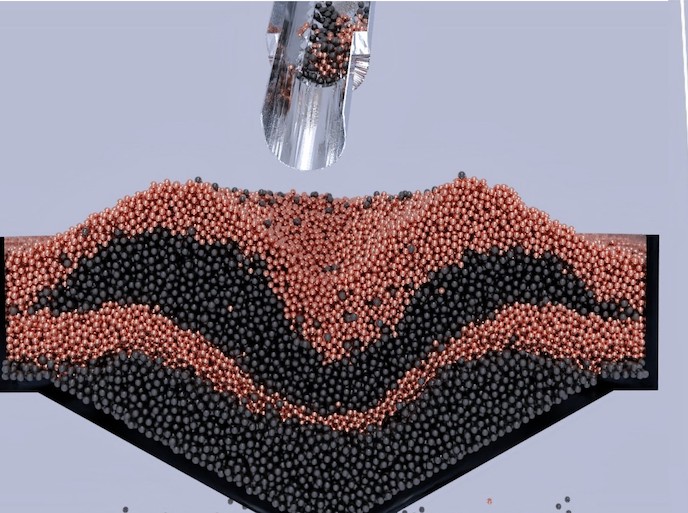Making Europe’s food cold chain supply energy-efficient
For food and drink travelling across the European continent, refrigeration is key. But cooling throughout supply chains – during transport, processing and storage – consumes vast amounts of energy, making the cold supply chain one of the most energy-intensive systems in Europe’s food and drink sector. The EU-funded ICCEE(opens in new window) project worked to overhaul cooling efficiency in this cold chain, focusing specifically on small and medium-sized enterprises (SMEs). “SMEs have been targeted since they usually still don’t have energy experts devoted to energy analysis,” explains Simone Zanoni(opens in new window), professor of Industrial Systems Engineering at the University of Brescia(opens in new window) and ICCEE project coordinator. “Moreover, in the food and beverage industries, SMEs usually behave in an uncoordinated way, which prevents looking at energy efficiency in the overall system,” he says. Technological changes such as improved lighting or ventilation systems in cold warehouses could drastically improve energy efficiency across the supplier network. Many companies harbour reservations when it comes to implementing energy-saving solutions though, in part due to difficulties in coping with variable demand from customers. ICCEE’s aim was to change the practices, technology and culture in Europe’s SMEs to encourage improvements in energy efficiency.
Building an energy-saving community
One of the main activities of the ICCEE project was to create a capacity-building programme, to improve the overall knowledge base and technological capabilities of Europe’s SMEs. This consisted of direct training, workshops and seminars with external experts, along with the development of an e-learning platform. “The capacity-building activities were targeted mainly at non-energy experts, meaning the decision makers of SMEs,” notes Zanoni. Through these activities, ICCEE successfully increased stakeholders’ awareness and knowledge of the energy and environmental issues leading to changes in habits and behaviour. “Cold store operators and other actors in the cold chain expressed interest in updating their technology based on our suggestions, especially with the coincident energy price rises experienced during the second half of the project,” Zanoni says. “Moreover, the advantage of coordination was clearly shown to decision makers, increasing their awareness of how their logistics decisions affect energy efficiency,” he adds.
A new tool for energy decisions
ICCEE also designed a dedicated energy efficiency decision tool for the cold supply chain, to help companies with the analysis of their own energy practices. The online tool integrates information taken from across the food and beverage sector, and provides tailor-made analyses of energy performance for each of the stages across the supply chain. Companies can see how energy-efficient their raw material preparation is, for example, or logistics and warehousing operations, and make decisions based on hard data.
Feeding into wider European policy
The outcomes of the project could help EU policymakers to create sector-specific policy regarding cold chains. The final conference of the ICCEE project involved key business and association members, and discussions included the perspective of policymakers. The tools and materials developed in the project, including the e-learning platform, are still available to be used by SMEs considering transforming their energy practices. “The material and results of the projects are also still promoted on different social networks, such as LinkedIn and Twitter,” remarks Zanoni. “Finally, a follow-up project concentrated on the dairy sector has been submitted to the European Commission and is now under evaluation.”







